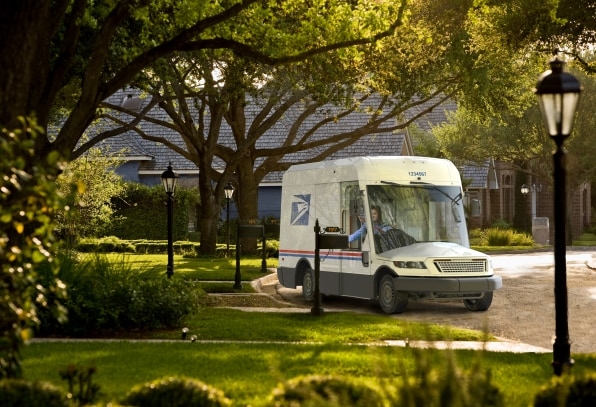After intense pressure, USPS will more than double its planned electric truck purchase
Earlier this year, the U.S. Postal Service announced that it planned to replace its aging mail trucks, but that the new vehicles would be mostly fossil fuel-powered vehicles—despite the fact that an analysis suggests that the agency could save billions of dollars by switching to electric delivery trucks, and private companies like Amazon and FedEx are beginning to switch to EVs. But in a reversal, USPS will now make 40% of its new vehicles electric—at least 25,000 new trucks—up from 10% in its initial plan.

The move comes after months of pressure from nonprofits and Congress, tens of thousands of public comments, and lawsuits that argue that USPS violated environmental law when it initially decided to buy as many as 148,000 new gas vehicles. USPS has argued that it wasn’t possible to buy more EVs without significant new funding, though the Postal Service Office of Inspector General also found that the trucks could save more over the lifetime of the vehicle, since electricity is cheaper than gas and EVs also need less maintenance. The Post Office also found that EVs were feasible on 95% of its routes. The typical postal truck use case—with predictable, relatively short routes, and time to charge the vehicle’s battery at night—is well-suited for electric vehicles. And, of course, electric vehicles can avoid both greenhouse gas emissions and local air pollution in neighborhoods.
Now, environmental nonprofits argue that USPS needs to go further. “[This] should only be the beginning—it’s well past time we started replacing retiring gas trucks with electric mail trucks made right here with good, union jobs,” said Adrian Martinez, a senior attorney at Earthjustice, one of the groups that is suing the Postal Service, in a statement. “Ultimately, the entire postal fleet needs to be electrified to deliver clean air in every neighborhood in the country and avoid volatile gas prices. The fight continues for an electrified postal delivery fleet.”
Fast Company , Read Full Story
(26)



